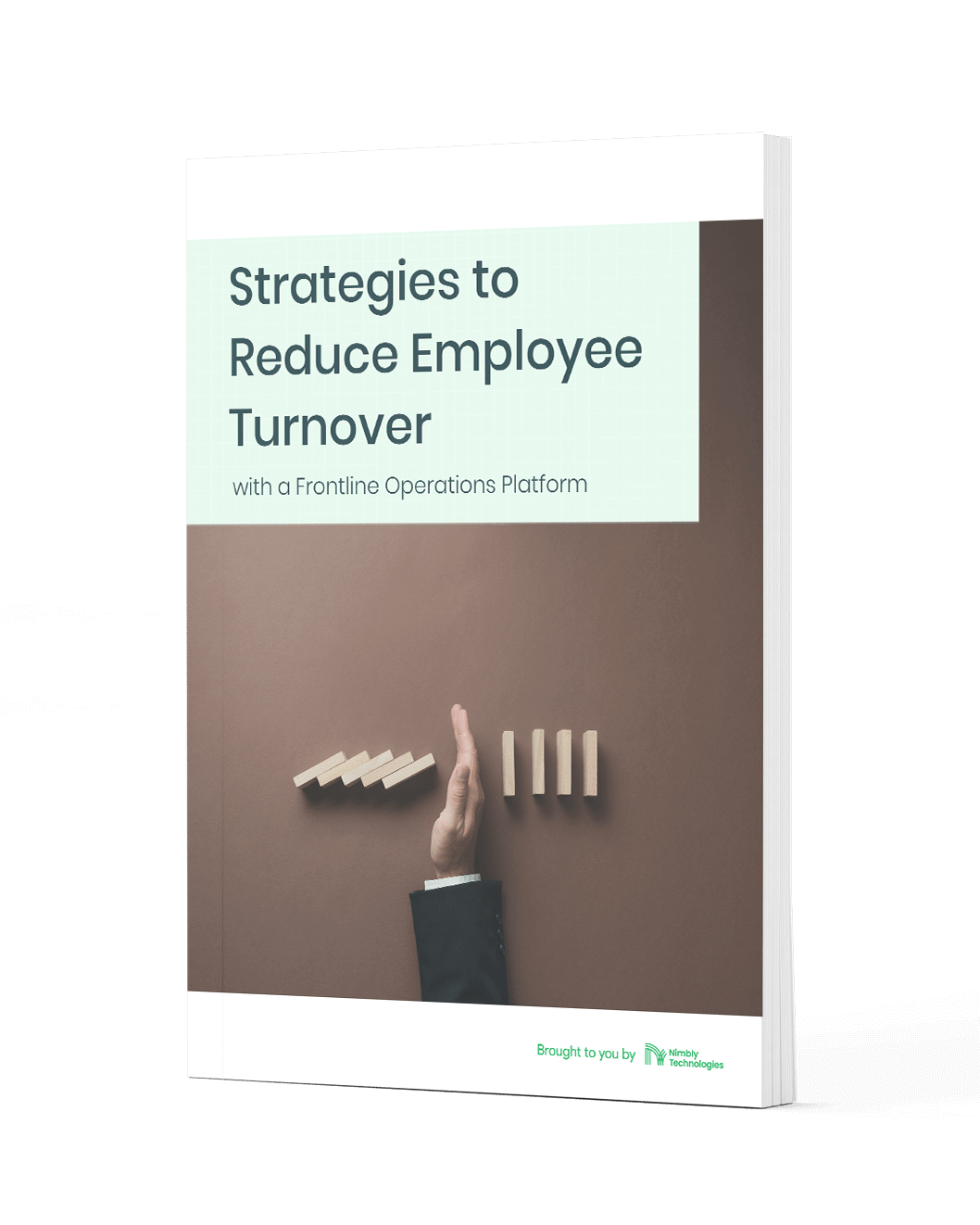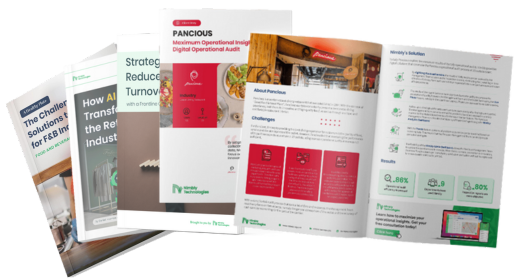

An Operations Manager's role is so pivotal that they have to ensure the operations management and business operations going smoothly every day.
As a vital part of a management team, the Operations Manager is in charge of operations involving goods and services' production. The manager will oversee and develop the best way to keep the production process efficient. With this in mind, it's no wonder that sometimes this manager can work together a lot with the Human Resource (HR) department, considering that employees are essential in making this happen.
Depending on the industry's nature and size, the role of an Operations Manager can vary greatly. Generally, there are several duties they need to embody.

Performance—be it human or non-human resource—should always happen in a stable, efficient way. This is where the importance of sticking to the standards and rules (that may be imposed by the organization itself and even government) is crucial.
Standardized organizational processes and business operations that work for everyone improve product/service value and quality, work efficiency, and employees' productivity. A company's reputation will be more favorable for customers due to these high-quality products/services in the long run.
Often categorized as the general expense, overhead can be fixed, variable, or both. Fixed costs include office rent, insurance, and utilities, while variables are like materials, delivery fees, and sales commission.
A company's operations management can benefit more if an Operations Manager can manage overhead and cash flow effectively. The manager should keep tabs on expenses regularly and put the brakes on particular spending if necessary.
Also read Increase Operating Profit Margin and Improve Your Business Profitability
No matter how unique a business idea is, there are always other competitors to look out for. While focusing on how your business can stand out, learn their marketing strategies. Find those strategies' advantages and disadvantages.
If their discount is too steep, for instance, the manager should come up with other ideas to balance the competition. Constant monitoring and flexible adaptability are some of the critical skills an Operations Manager should have here.
All businesses need to adhere to regulation and compliance, which can develop into a big issue if not handled and updated in order. The manager always needs to keep an eye out for new regulations, as the technologies, current events, and markets keep evolving.
Consulting experts can be a great solution if the manager and team have difficulties deciphering any new policies' tricky wording.
Also read How to Improve Compliance with SOPs Effectively
An Operations Manager works closely with almost every department in a company. They're in charge of high-level HR duties like building training standards, developing hiring procedures, handling employees' complaints or feedback, setting working standards, etc. If needed, they can also get involved in recruiting and training new talents.
In product production alone, there are many departments involved: technical, engineer, marketing, sales, finance, etc. With their awareness of each department's needs, their insights help put the operations management and business operations in working order.

An Operations Manager is also responsible for a company's asset management: stocks, investments, equipment, facilities, human resources, buildings, facilities, etc.
Even when technologies have advanced and present many options, investing in bad ones will hinder a company's operations management and business operations in the long term. Therefore, this manager should be smart in balancing the function and durability of purchased assets with its incurred costs.
Also read 6 Reasons to Improve Your Business with Digital Checklist
One of the best technologies to use for your smooth operations management is Nimbly. It features innovative digital questionnaires that can be distributed to many inspectable areas instantly.
Feedback can be supported with the Live Photo Nimbly feature, hence adding more accuracy and honesty to each report. Management, on the other hand, can monitor issues and performance while making other important business decisions based on real-time data.
In general, an Operations Manager is responsible for preserving standards and performances, all the while managing overhead and cash flow. They also have to always be aware of competitors' activities without forgetting about regulation compliance. With their reliable decision in hiring the best staff, the operations management will also similarly benefit from utilizing the best technology like Nimbly for its business operations.
